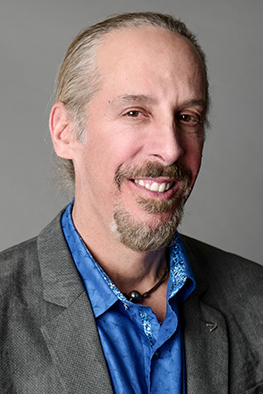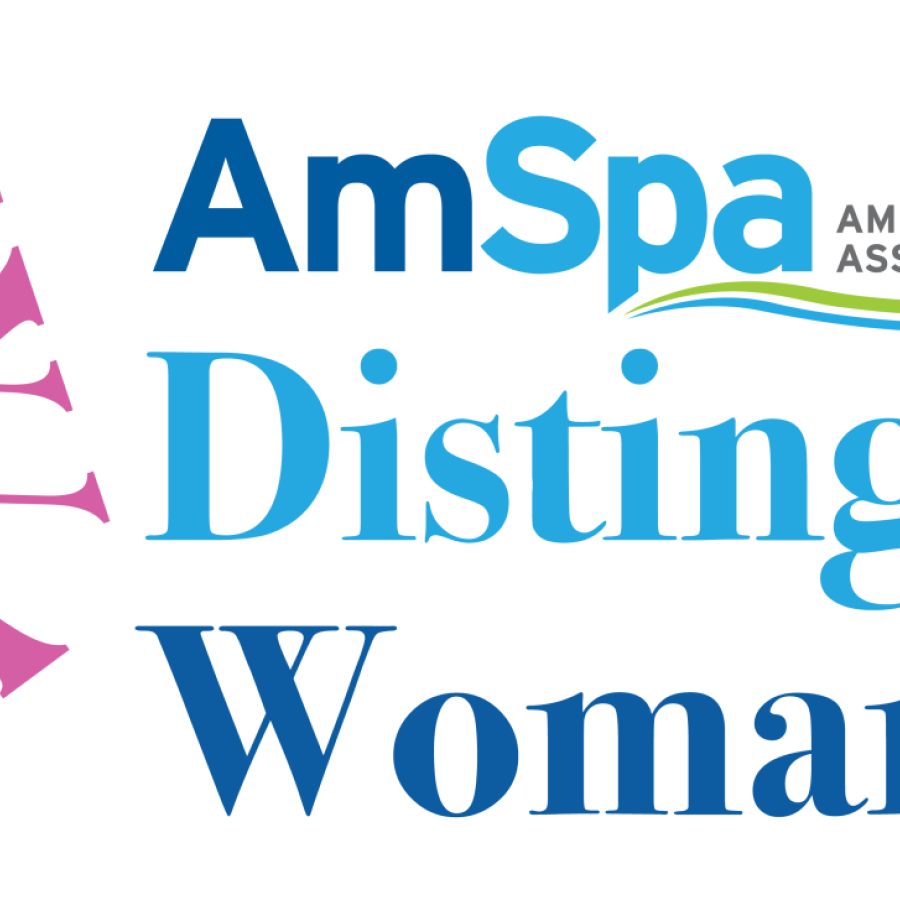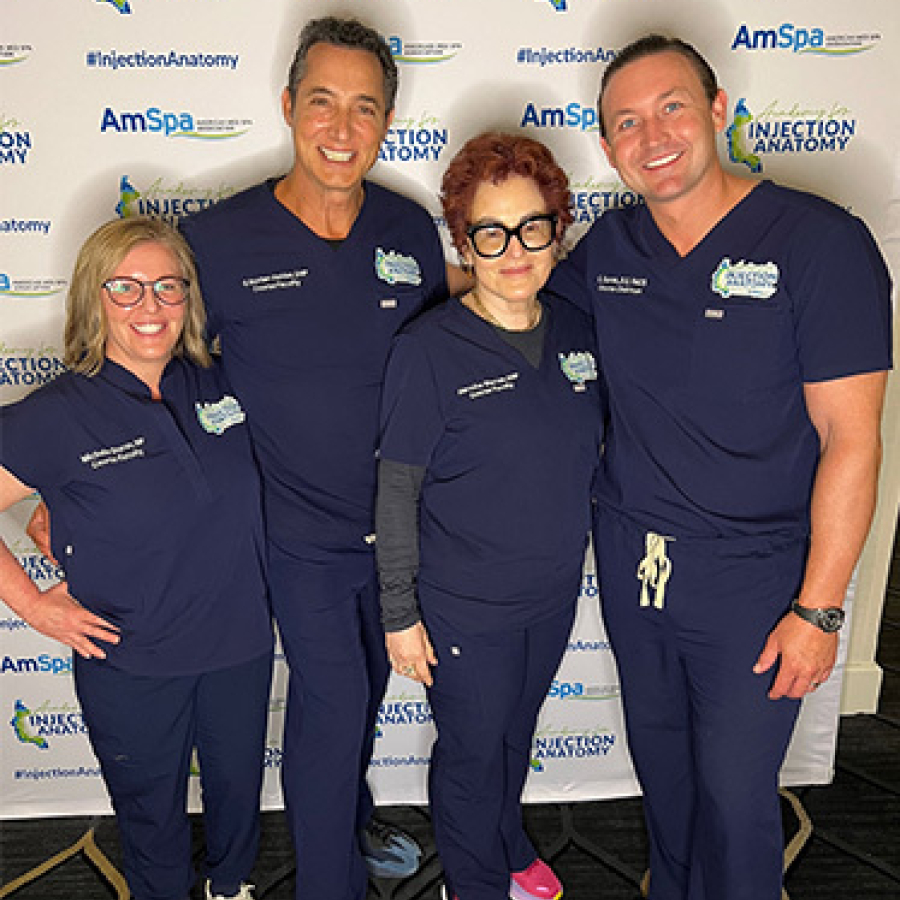
AmSpa Events
Move Beyond Excuses: People Management with Cy Wakeman
How do you get your team to come to work joyfully? Are you setting boundaries and expectations for performance in ...
Posted By Mike Meyer, Monday, July 27, 2020

By Michael Meyer, Content Writer/Editor, American Med Spa Association
The medical aesthetic industry was founded on progress. The pioneers of the business went above and beyond what was expected of medical professionals in order to help people feel better about themselves. They created a space that merged cutting-edge medical science and retail marketing, and now the industry they helped establish brings in approximately $10 billion per year—and growing.
Today, the innovators of the industry are moving it forward in a number of ways that those who started medical aesthetics likely could not have imagined. After all, 10 years ago, who could have guessed that the industry would explode to the point where Titan Aesthetic Recruiting would need to exist to help train and place aesthetic injectors? Or that the reputation management and practice growth tools offered by PatientPop would be needed so badly by modern medical spas?
From Dr. Steven F. Weiner's work with jawline reconstruction to Weave's communication technology to Plump NYC's focus on making injectables more available and understandable, these are the innovators who have made the medical aesthetic industry what it is today and what it will be in the future. In the following pages, you'll learn more about all of them—how they got here, what motivates them, and how their products are changing what is possible in medical aesthetics.
Mary Beth Hagen has been in medical aesthetics for 15 years, primarily as a product manager for Allergan and in that time, she has seen the industry go from being a niche subset of the cosmetic surgery market to becoming a $10 billion (and growing) behemoth. But she recognized that this explosive growth has caused an issue that the industry hadn't yet accounted for—a lack of properly trained aesthetic injectors.
"There are a lot of resources in the United States to support physicians, plastic surgeons, dermatologists, facial plastic surgeons and oculoplastic surgeons, but there is not an organization or a central networking hub for all the non-physician aesthetic injectors who serve so many of our patients here in the United States," Hagen says. "So, after almost 10 years at Allergan and a couple of years at Medicis before that, I realized that there was the opportunity to fill an unmet need in the market by creating Titan Aesthetic Recruiting."
Titan Aesthetic Recruiting serves aesthetic injectors, and the people looking to hire them, in several ways. The company conducts a screening exam, Titan Aesthetic Screening, that helps determine if a candidate is suitable for its services using four tests Hagen has found to be predictive of success in the field. If they pass this exam, Titan helps place the injectors with partner practices where they would fit in well.
Titan also provides training to prospective injectors. After completing an initial course to prepare them to become an injector, candidates complete Titan Aesthetic Screening; if they are found to be suitable for a career in injectables, they move on to a second course that is designed to teach a candidate's brain to inject, taught by Kevin Harrington, MSN, APRN, FNP-C, of Face-Time Aesthetics of Fruitland Park, Florida. After students complete this course, they move to the company's placement process.
"We've assessed that they have aesthetic aptitudes, we've shown that they're willing to invest in themselves and create a foundation of knowledge," Hagen says. "And so now, it's much safer for a business or a physician to hire this candidate because a lot of those unknowns and risks are taken out of the process for the provider."
In the future, Titan is planning to offer a membership opportunity to non-physician injectors that is designed to help them learn and share what they know with others who are going through the same issues. Hagen hopes this will help create a stronger community among non-physician injectors and help the industry continue to improve outcomes.
"I didn't build this company to be able to make it a million-dollar business. I didn't build this company to sell it," Hagen says. "I built it because I have such a passion for the education and patient care that these providers show to their patients. I have such a joy at seeing patients look in the mirror when they've been treated, and they love what they see. And if I can help that happen in a fun, safe and collegial way, I get to go home happy every night."

It is easy to overlook the value of a phone system to a medical aesthetics practice at a time when technology seems to be trending toward internet-based communication, but if you don't have a phone system that allows you to effectively keep in touch with your patients, it's likely that you're leaving money on the table. And while traditional phone systems may no longer meet all your needs in this regard, smart phone systems that integrate with the internet can play a vital role in your practice's success. Weave is a pioneer in the space of business communications, and its system is designed to maximize customer engagement.
"Phones are a huge, important aspect to a practice. It's the heartbeat of the business—without your phone, you're not able to actually communicate with your patients," says Gabrielle Penniman, senior manager, business development for Weave. "On the flip side, every patient has a cell phone, and the way they're using it is typically via text message. What Weave has done is utilize that phone system and then incorporated the software into it. So, a practice is actually able to communicate with their patients the way they want to be communicated with."
Founded in 2008 as Recall Solutions in a room above company co-founder Brandon Rodman's garage, Weave began its existence as a dental appointment scheduling service. Eventually, the company moved into optometry, veterinary medicine—and, of course, the medical aesthetic industry.
"The medical aesthetic industry is great," says Penniman. "What I love about it is that there's a lot of good technology in there. Med spas, dermatologists, plastic surgeons—they're using a lot of technology in their practices already to do some of their procedures and to run their businesses. What I like is they really get it and they understand it. They also understand what their patients want and how they want to be talked to and communicated with. So, going into this industry has actually been really easy. We weren't sure because we were new to it, but we'e gotten a lot of great feedback."
Today, Weave has more than 18,000 customers, and its integrated hardware and software solution helps users use all the information at their fingertips to convert calls to sales. Even if a call is missed, the Weave system allows practices to make contact with customers via text or email. Weave also features analytics, marketing solutions and electronic payment processing technology in its suite of tools.
While Weave is looking to expand into other fields—"Weave can pretty much work in any type of business because it is a phone system, so we're kind of just out there growing," Penniman says—the medical aesthetics industry can continue to count on remaining as a key component of the company's success.
"We'e been welcomed into medical aesthetics with open arms," Penniman says. "We have a lot of partners that approached us and said, 'What you're doing is great and we want to work with you.' It's been nice to work in an industry where they understand the importance of good technology and good software solutions. It's been great."

Steven Weiner, MD, is not content to simply be good at his job.
He's been in the medical aesthetic industry for almost as long as it's existed—he launched his practice, The Aesthetic Clinique, in 2005 in Santa Rosa Beach, Florida—but he's not content to rest on his laurels as a pioneer. To the contrary—he remains one of the most intellectually curious, innovative practitioners in the industry today.
"I like challenges; I don't like to do stuff routinely," Weiner says. "I like to try to innovate—to create new techniques and new procedures. I'm in the trenches, and I see the need for certain corrections that haven't yet been addressed with different devices or injection techniques, and so I work on that."
Weiner attended medical school at Johns Hopkins University, with a concentration in head and neck surgery, which included some focus on facial plastic surgery. After leaving the school, however, he found himself stuck in a rut doing routine ear, nose and throat work. That's when he decided to make the leap into the nascent medical aesthetic field.
"There were a few lean years," Weiner says. "I plowed everything back into the practice for three years—I didn't take home a paycheck. But then things started to take off, and I moved into a larger office. I went from three employees to five, and now, 15 years later, I have 10."
In recent years, Weiner has become a proponent for radiofrequency (RF) microneedling, and has gained widespread acclaim for his jawline rejuvenation technique, which he calls "ReJAWvenation." In this procedure, he uses fillers to hide the patient's jowls and add definition to their jawline.
"There are several different variations of this procedure—some are for the young patient, some are for the older patient, some are for the male, some are for the female," says Weiner. "In males, probably the most important feature of the face is a strong jawline. About 90-95% of the CEOs of the Fortune 500 companies have really strong jawlines. It's a statement of honesty, it's a statement of trust and it's a statement of authority to have a very strong jawline. It's also a statement of fertility—men with high testosterone have strong jawlines. So, it's a very attractive feature in males. There are different angles in females versus males—you don't want to make a female too wide, and males can go very wide to be attractive. So, there are a lot of nuances."
Today, Weiner travels all over the globe lecturing and training, as well as collaborating with other medical aesthetic practitioners. And this medical spa pioneer isn't done blazing trails just yet.
"I'm 56, so I probably have at least 10 to 15 more years of being really active in the field," Weiner says. "What I'm sort of veering toward is more teaching, more traveling, more lecturing and more innovating; those are the things that I think the field needs. I want to develop better procedures with less downtime and quicker results, and I need to work with micro-specialists and try to figure things out that way. We're going to get better and better at approaching these aging faces without surgery; I think surgery is going to be a thing of the past in the next 10 years."
For legal updates and business best practices delivered straight to your inbox, subscribe to AmSpa's email newsletter. For more information on how AmSpa can help your practice operate legally and profitably, contact us online or call us at 312-981-0993.
Related Tags
Medical spa news, blogs and updates sent directly to your inbox.

AmSpa Events
How do you get your team to come to work joyfully? Are you setting boundaries and expectations for performance in ...

AmSpa Events
The American Med Spa Association (AmSpa) has announced its list of Distinguished Women in Medical Aesthetics 2025, recognizing 25 visionary ...

AmSpa Events
How Lisa Lickstein and Her Team at Lickstein Plastic Surgery Are Redefining the Standards of Aesthetic Patient Care Through Unreasonable ...

Clinical
By Madilyn Moeller, Marketing Content CoordinatorMichelle Doran, MSN, APRN, BC, CANS, spoke to Alex Thiersch, JD, on AmSpa’s Medical Spa ...